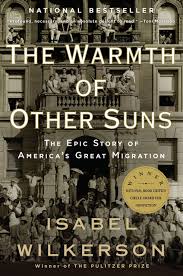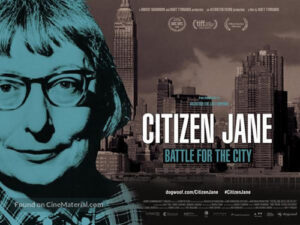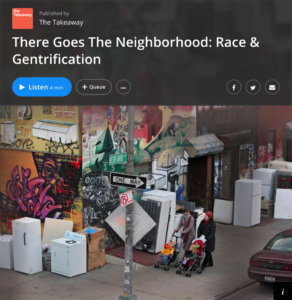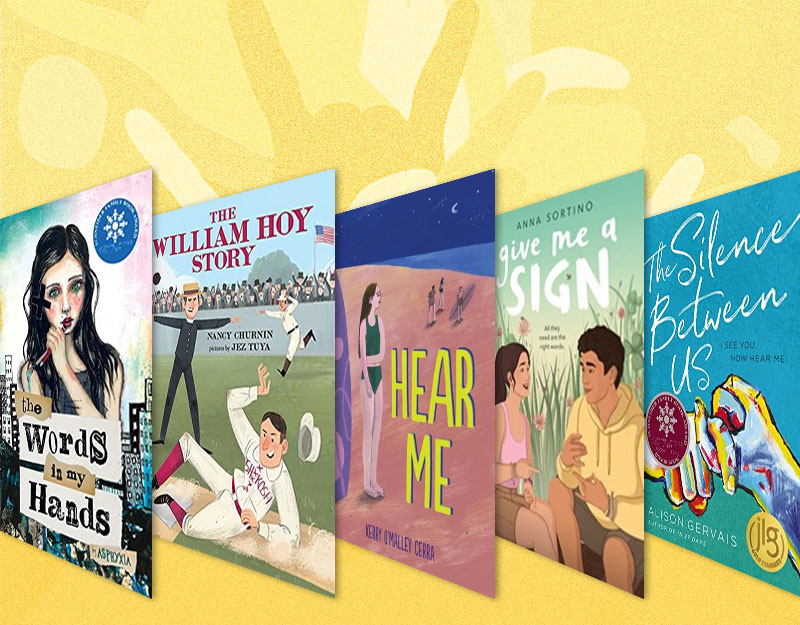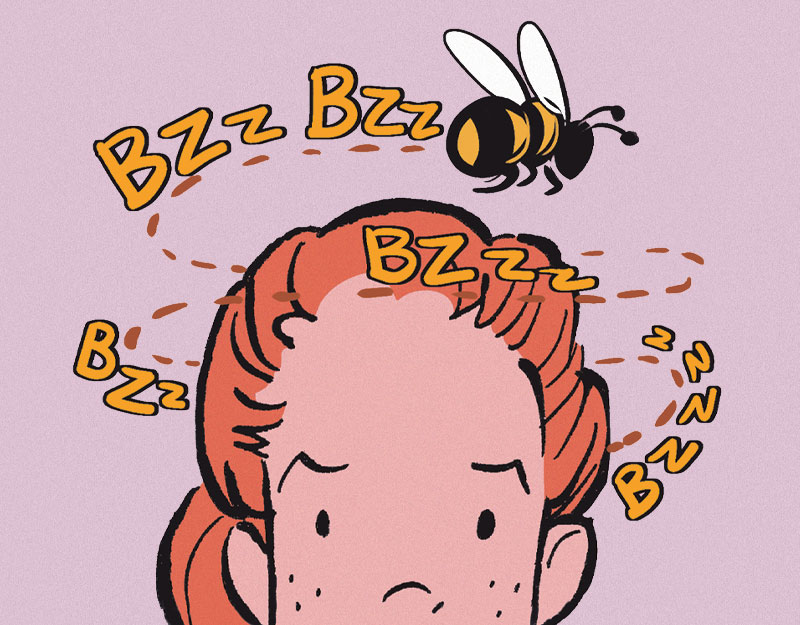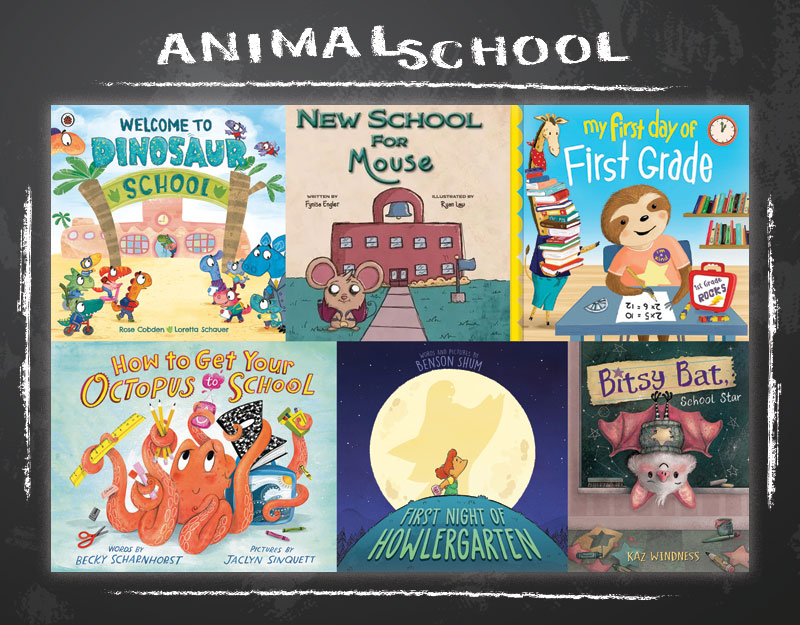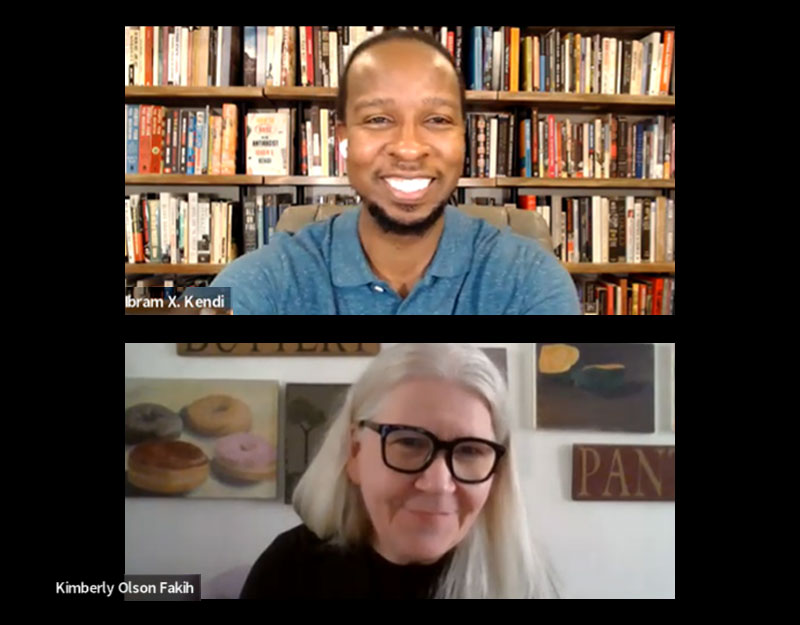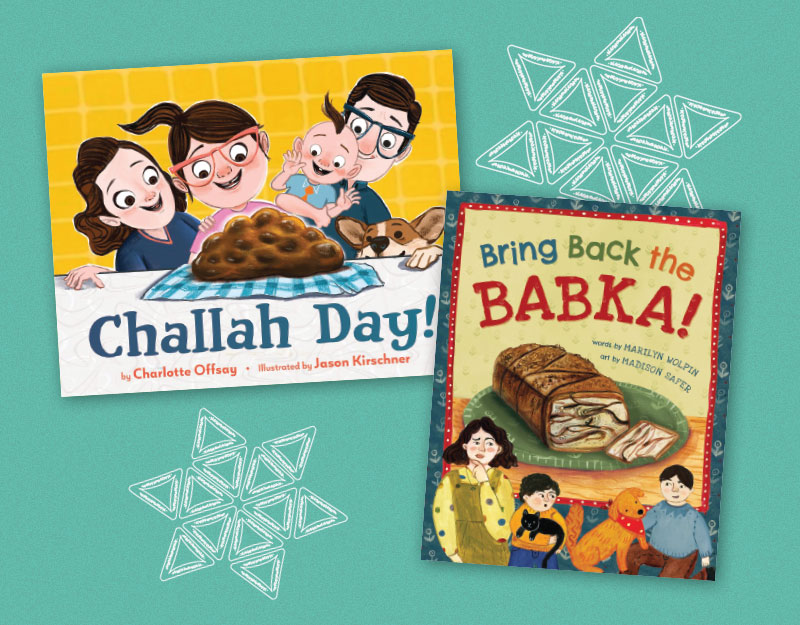Walk the Jagged Streets of Gentrification with Ibi Zoboi’s Pride, a guest post by Marie Marquardt
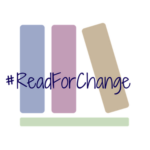 Teen Librarian Toolbox is excited to be partnering with Marie Marquardt for her #ReadForChange project. Hop on over to this post to learn more about the initiative. Today, she and Ibi Zoboi join us for a conversation about gentrification, identity, and Zoboi’s excellent new novel, Pride.
Teen Librarian Toolbox is excited to be partnering with Marie Marquardt for her #ReadForChange project. Hop on over to this post to learn more about the initiative. Today, she and Ibi Zoboi join us for a conversation about gentrification, identity, and Zoboi’s excellent new novel, Pride.
Step onto my block
and walk these jagged
broken streets and sidewalk cracks
like rickety bridges across our backs
to the end of rainbows
reflecting off broken glass
where the pot of gold
is way on the other side
of this world.
– from “Girls in the Hood” a poem by Zuri Benitez, Pride
Breaking Past Invisible Walls with Pride
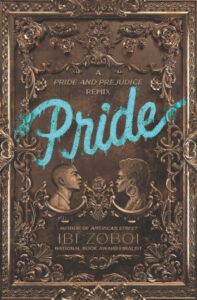 I’m thrilled and honored to have Ibi Zoboi back to #ReadForChange as we celebrate the launch of her highly-anticipated YA novel, Pride. If you saw my February feature on American Street, you already know that I am a huge fan of Ibi’s stories. I was fortunate enough to get my hands on a copy of this gorgeous (inside and out!) book a few weeks ago, and I couldn’t put it down.
I’m thrilled and honored to have Ibi Zoboi back to #ReadForChange as we celebrate the launch of her highly-anticipated YA novel, Pride. If you saw my February feature on American Street, you already know that I am a huge fan of Ibi’s stories. I was fortunate enough to get my hands on a copy of this gorgeous (inside and out!) book a few weeks ago, and I couldn’t put it down.
ADVERTISEMENT
ADVERTISEMENT
Pride is a contemporary retelling of Jane Austen’s Pride and Prejudice, set in the rapidly-gentrifying Brooklyn neighborhood of Bushwick. Zuri Benitez, the second daughter in a Haitian-Dominican family, has lived her entire life in a crowded Bushwick apartment, surrounded by love, a good dose of chaos, and much delicious food. When the wealthy Darcy family moves in across the street after funding an “Extreme Makeover: Bushwick Edition,” Zuri’s mom is beside herself with anticipation for the possibilities of a good match, and her giggly younger sisters can’t get enough of the handsome Darcy brothers, Ainsley and Darius.
Fans of Pride and Prejudice will not be surprised to learn that Darius initially comes across as arrogant and dismissive of Zuri and her family, and that Zuri despises him. Needless to say, by the end of the book, Darius and Zuri definitely don’t hate each other. As Zuri and Darius’ relationship moves toward it’s inevitable (and super-sweet) finale, Zuri has many chances to reflect on the complicated impacts of gentrification, and to experience the challenges of building relationships across differences of social class. Lucky for us readers, some of Zuri’s reflections come in the form of gorgeous and lyrical poetry, which is interspersed through the narrative.
“Reverse-gentrifying the Brit-Lit Canon”: An Interview with Ibi Zoboi
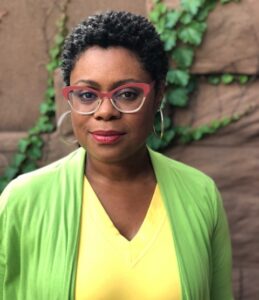 MARIE: Throughout the story, Zuri offers so many subtle — but also powerful — observations about the ways gentrification impact everyday life in Bushwick. Were these drawn from your experience? What inspired you to write on themes of gentrification?
MARIE: Throughout the story, Zuri offers so many subtle — but also powerful — observations about the ways gentrification impact everyday life in Bushwick. Were these drawn from your experience? What inspired you to write on themes of gentrification?
IBI: Yes, these were definitely drawn from my experience. I live in a neighborhood in Brooklyn that’s undergoing lots of changes. In fact, I’ve been priced out of my neighborhood, too. Gentrification is about class, upward mobility, and ultimately, property ownership, all the themes that are also in Pride and Prejudice. It was the perfect issue to highlight for this retelling about two teens finding common ground and falling in love.
MARIE: Pride takes a head-on look at the effects of gentrification on families and communities, which means it also is a story about social class and belonging. You took some risks to address the complicated intersections of race, class, and identity. Why was it important for you to focus on these?
ADVERTISEMENT
ADVERTISEMENT
IBI: The Darcy family is wealthy and Black, and they’re moving into a lower income and working class community populated by people who look like them, Of course there would be issues of identity and big-picture questions about what it means to be Black in an urban landscape. But most importantly, my characters are teens who grapple with identity no matter what environment they’re in. Zuri is looking into a culture that she’s unfamiliar with, which is wealth and access. If she steps back a bit, she can see what is possible for her. Darius also sees what could’ve been possible for him had he not come from wealth. I wanted to examine the issues of upward mobility, education, and class through the eyes of these two teens.
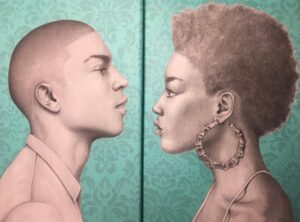
MARIE: Some might consider it odd that you went to the Brit-lit canon for inspiration to tell Zuri and Darius’ love story. Why Jane Austen’s Pride and Prejudice?
IBI: While I didn’t read Pride and Prejudice for school, many Black kids have had to. I think the better question is, why is the Brit-lit canon forced on Black and Brown students? What connections can a Caribbean or Latinx immigrant teen make between herself and the Regency world of Jane Austen? In the same way that wealthier newcomers to underserved neighborhoods erase the established cultures, this my very own way of reverse gentrifying the Brit-lit canon. Pride and Prejudice has so much to say about class and a woman’s place in the world, but those themes are not relegated to 19th century British women. A Haitian-Dominican teen in Brooklyn can grapple with those same issues.
Want to better understand gentrification? Check out Ibi’s excellent recommendations.
To get us started, an excellent nonfiction book:
The Warmth of Other Suns: The Epic Story of America’s Great Migration by Isabel Wilkerson offers an excellent historical perspective on the gentrification of cities. It tells the story of the period from 1915 to 1970, when six million African-Americans left the Jim Crow South to build new lives in the cities.
Now to a documentary:
Citizen Jane: Battle Cry for the City chronicles the visionary work of Jane Jacobs, an activist and author who fought to preserve the city.
And, finally, a podcast:
From WNYC’s The Takeaway – There Goes the Neighborhood: Race and Gentrification (Click here to listen)
Want to take action? Ibi’s advice is simple:
IBI: I recommend students get involved with any community-centered organizations that advocate for fair housing, public spaces, and funding for the arts.
Win a copy of Pride, hot off the presses!
Here’s a link to the giveaway. We’ll be announcing the winner on Twitter @MarieFMarquardt and Instagram marie_marquardt October 1!
Meet Marie Marquardt

Marie Marquardt is the author of three YA novels: The Radius of Us, Dream Things True, and Flight Season (available 2/20/18). A Scholar-in-Residence at Emory University’s Candler School of Theology, Marie also has published several articles and co-authored two non-fiction books about Latin American immigration to the U.S. South. She is chair of El Refugio, a non-profit that serves detained immigrants and their families. She lives with her spouse, four kids, a dog and a bearded dragon in the book-lover’s mecca of Decatur, Georgia.
Filed under: Guest Post
About Amanda MacGregor
Amanda MacGregor works in an elementary library, loves dogs, and can be found on Twitter @CiteSomething.
ADVERTISEMENT
ADVERTISEMENT
SLJ Blog Network
One Star Review, Guess Who? (#202)
This Q&A is Going Exactly As Planned: A Talk with Tao Nyeu About Her Latest Book
Exclusive: Giant Magical Otters Invade New Hex Vet Graphic Novel | News
Parsing Religion in Public Schools
ADVERTISEMENT


